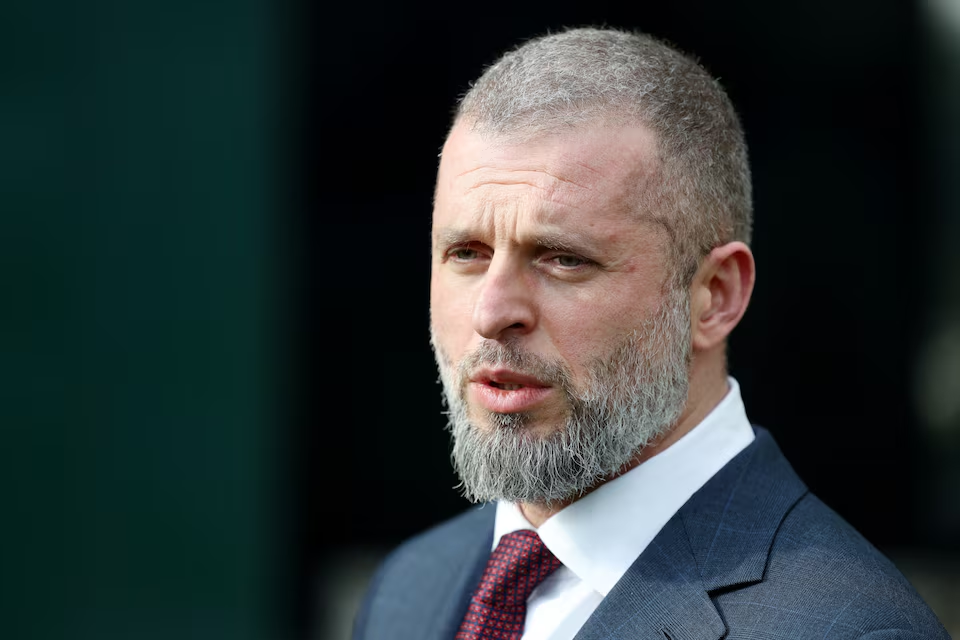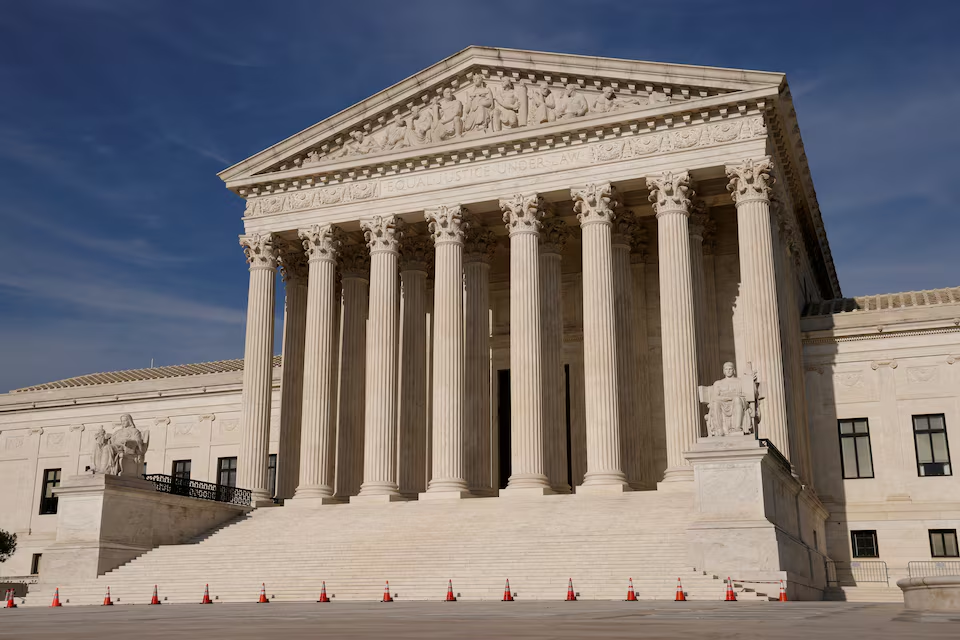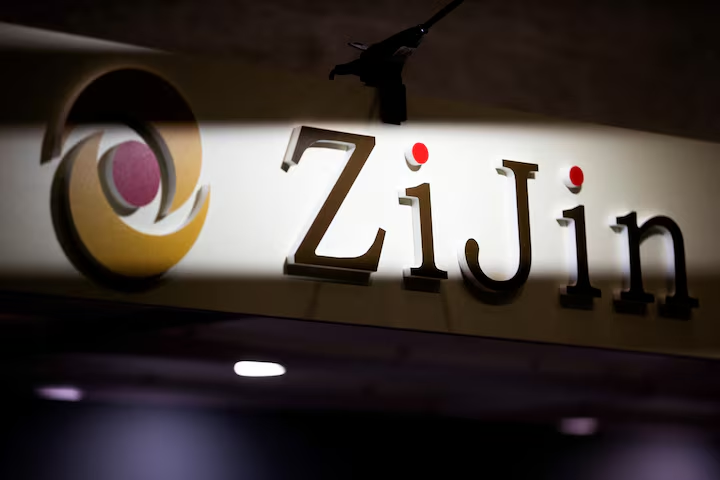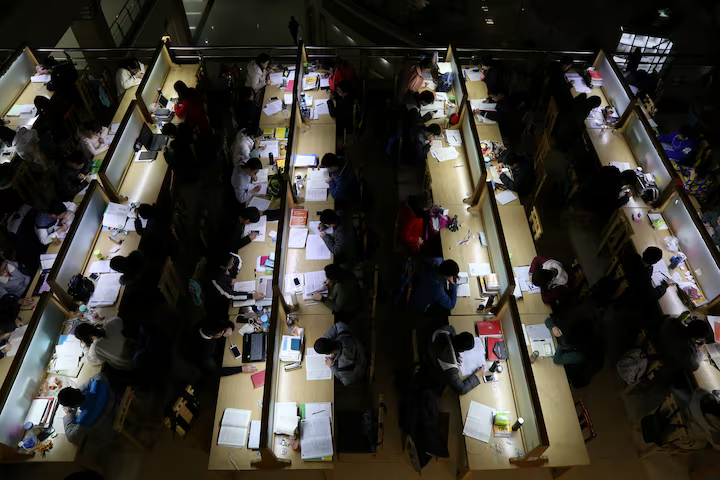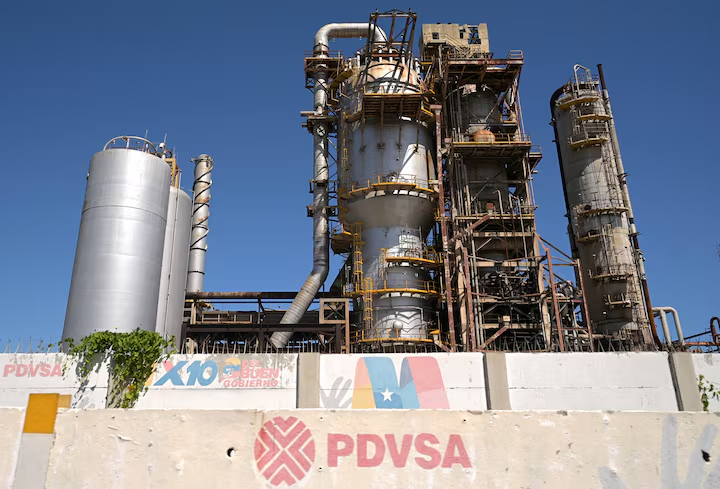Honduras is currently facing multiple international investment disputes, with the most significant being an $10.8 billion claim filed by the Próspera Group at the World Bank’s International Centre for Settlement of Investment Disputes (ICSID). This case, along with fourteen others, totals approximately $14 billion in claims against Honduras under various investment protection frameworks.
The genesis of these disputes traces back to 2010, when Honduras enacted Legislative Decree No. 283-2010, which established Special Development Regions (REDs). These were later reformed into Employment and Economic Development Zones (ZEDEs). The legal framework allowed private companies to establish autonomous administrative areas within Honduran territory, subject to special regulatory regimes.
The constitutional validity of these zones has been contested since their inception. In 2012, the Constitutional Chamber of Honduras’s Supreme Court initially ruled the RED regulations unconstitutional. Following this ruling, four magistrates were removed from their positions by the National Congress. The Inter-American Court of Human Rights later condemned this removal in the case of Gutiérrez Navas et al. v. Honduras, ordering Honduras to pay approximately $2 million in compensation to the dismissed judges.
The Próspera Group, comprising three U.S. companies (Honduras Próspera Inc., St. John’s Bay Development Company, and Próspera Arbitration Center LLC), established operations in Roatan island and later expanded to include the Port of Satuyé in La Ceiba, Atlántida. Their claim under the CAFTA-DR trade agreement stems from Honduras’ 2023 legislative action repealing the ZEDE framework.
A key legal issue centers on the consultation process with local communities. In Crawfish Rock, where Próspera established its initial presence, questions have arisen regarding whether proper free, prior, and informed consent was obtained from the local population. Legal experts note that such consent requires more than collecting signatures and should align with community customs and decision-making traditions.
The investment disputes occur against a backdrop of significant political and legal developments in Honduras. Former President Juan Orlando Hernández, who presided over the National Congress during the implementation of the ZEDE framework, was recently sentenced to 45 years in prison in the United States for narcotics and firearms offenses. The U.S. Department of Justice has characterized his administration as operating Honduras as a “narco-state.”
The United Nations Special Rapporteur on Sustainable Development has commented on these investment disputes, suggesting that using international arbitration to challenge policy decisions aimed at protecting rights, environment, and indigenous peoples raises concerns about responsible foreign investment practices.
The cases highlight the complex intersection of international investment law, domestic constitutional reform, and human rights obligations. They also demonstrate the potential tensions between investment protection guarantees and a state’s right to modify its regulatory framework. The outcome of these disputes could have significant implications for both Honduras’s public finances and the broader interpretation of investment protection under CAFTA-DR and similar agreements.



